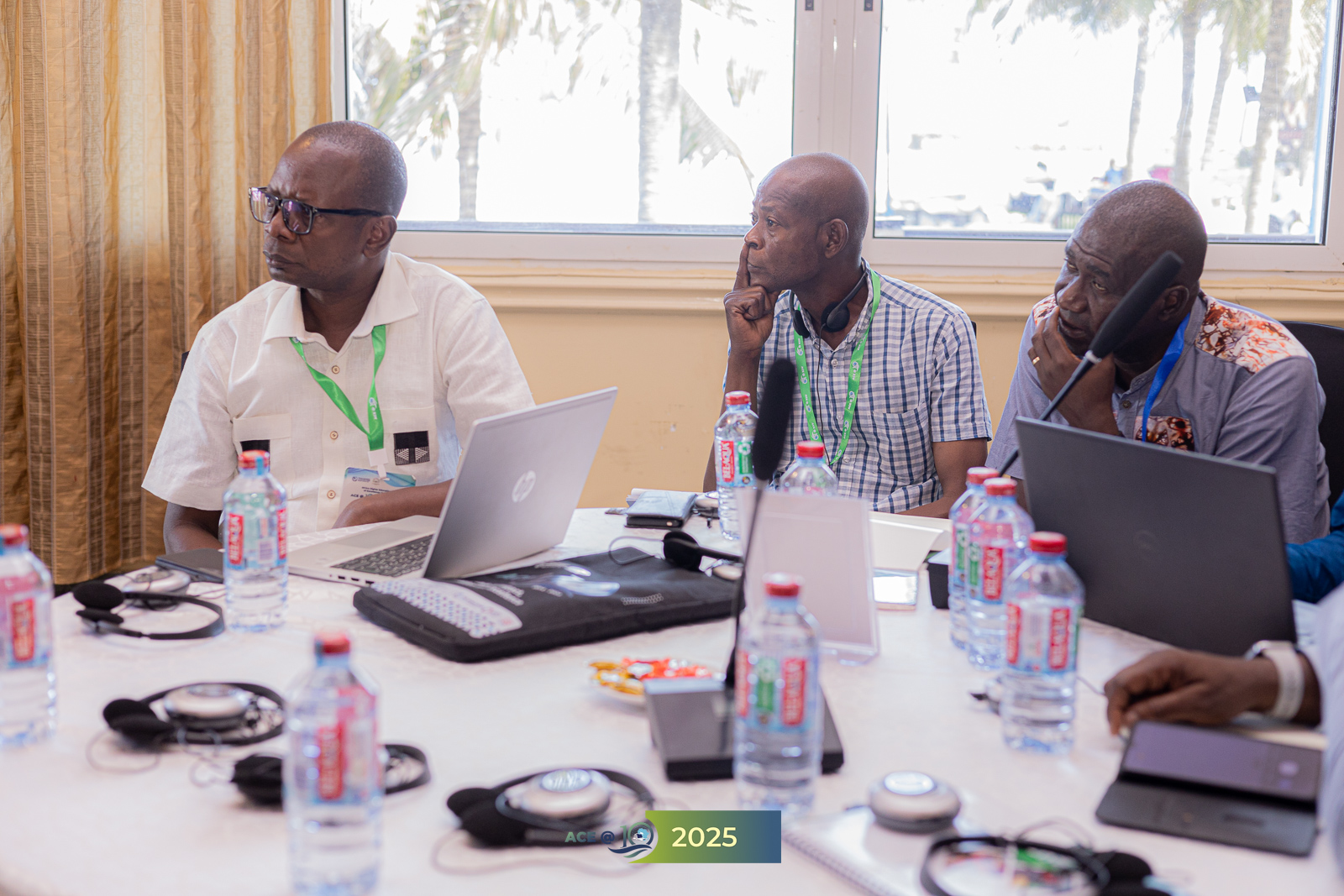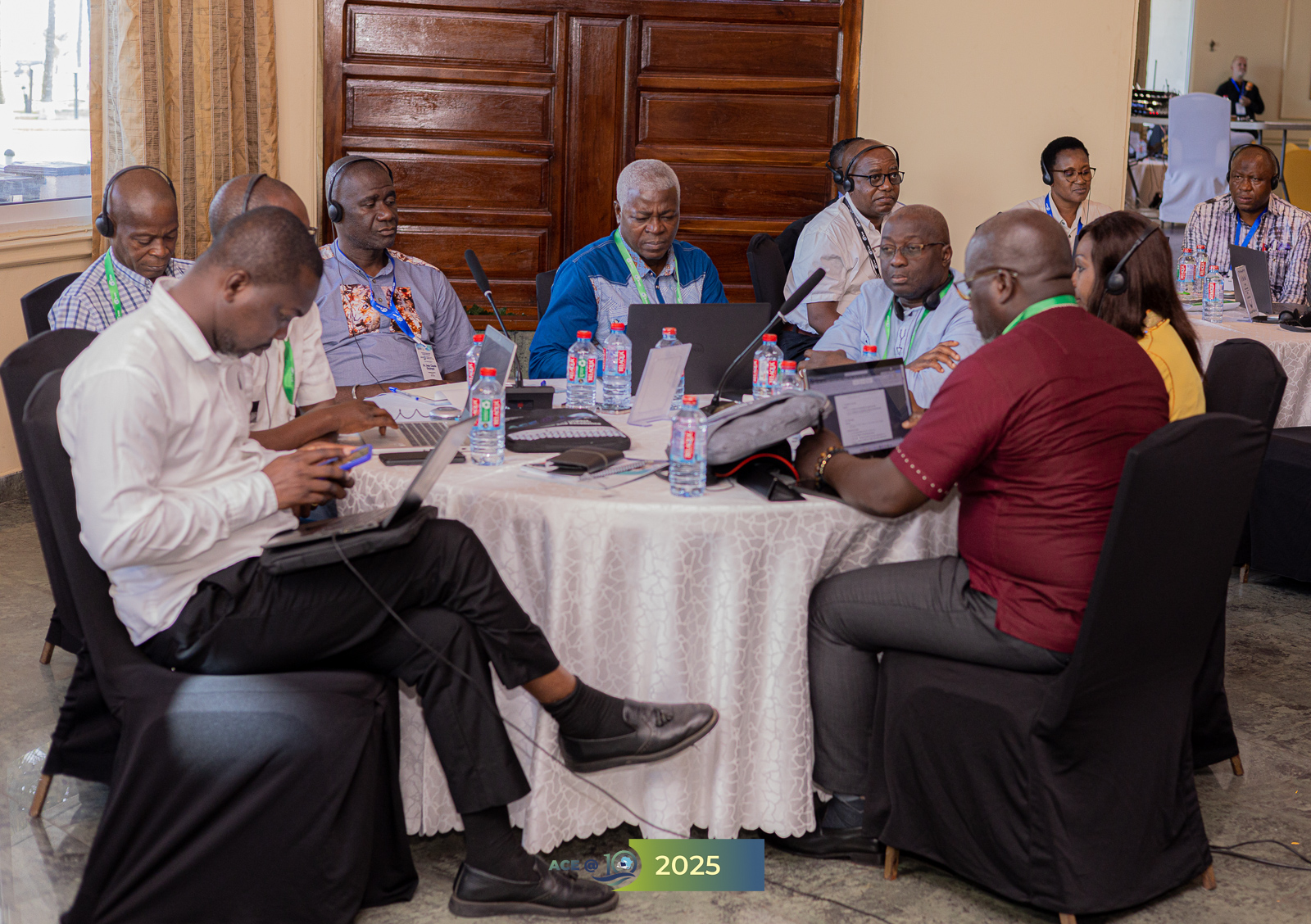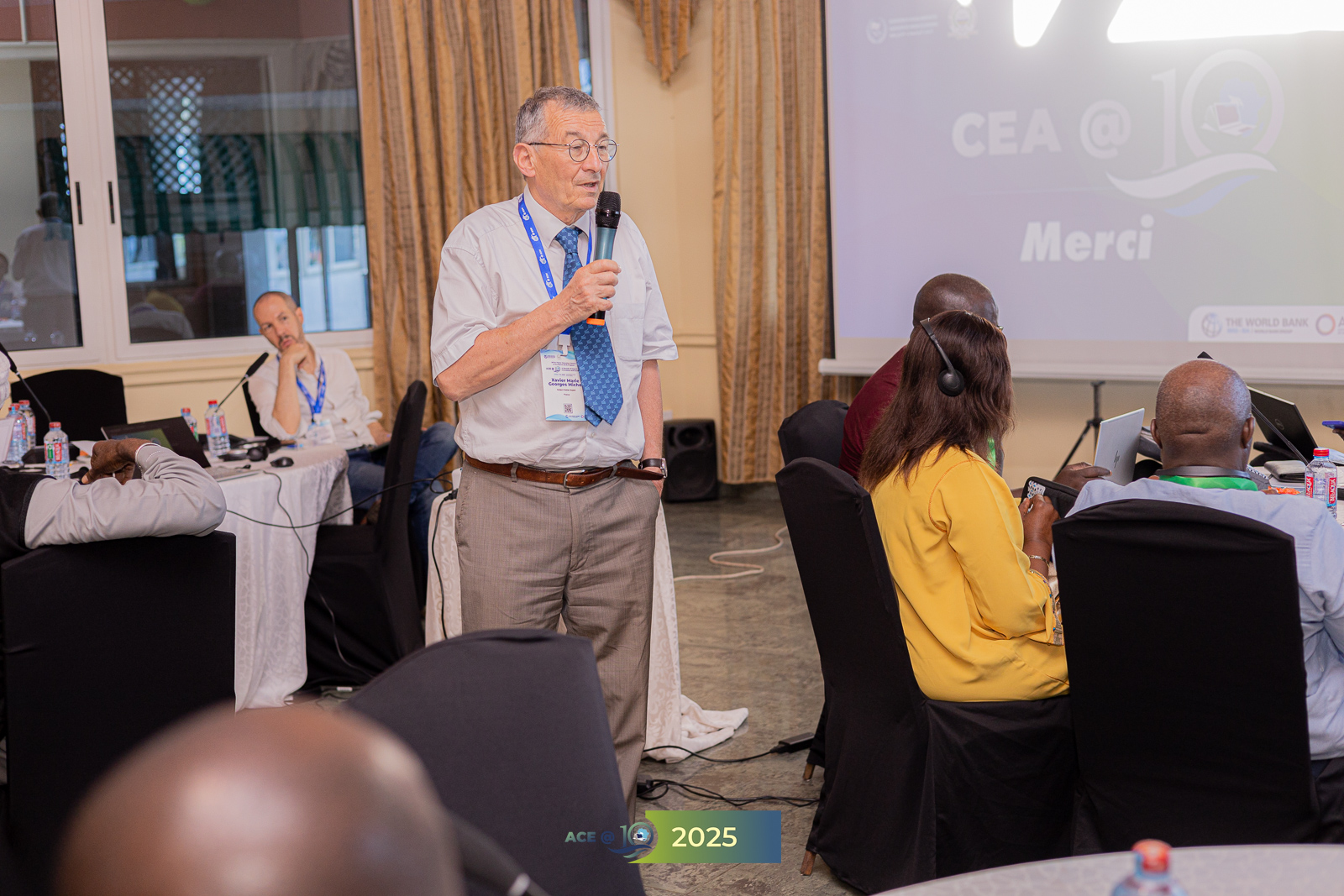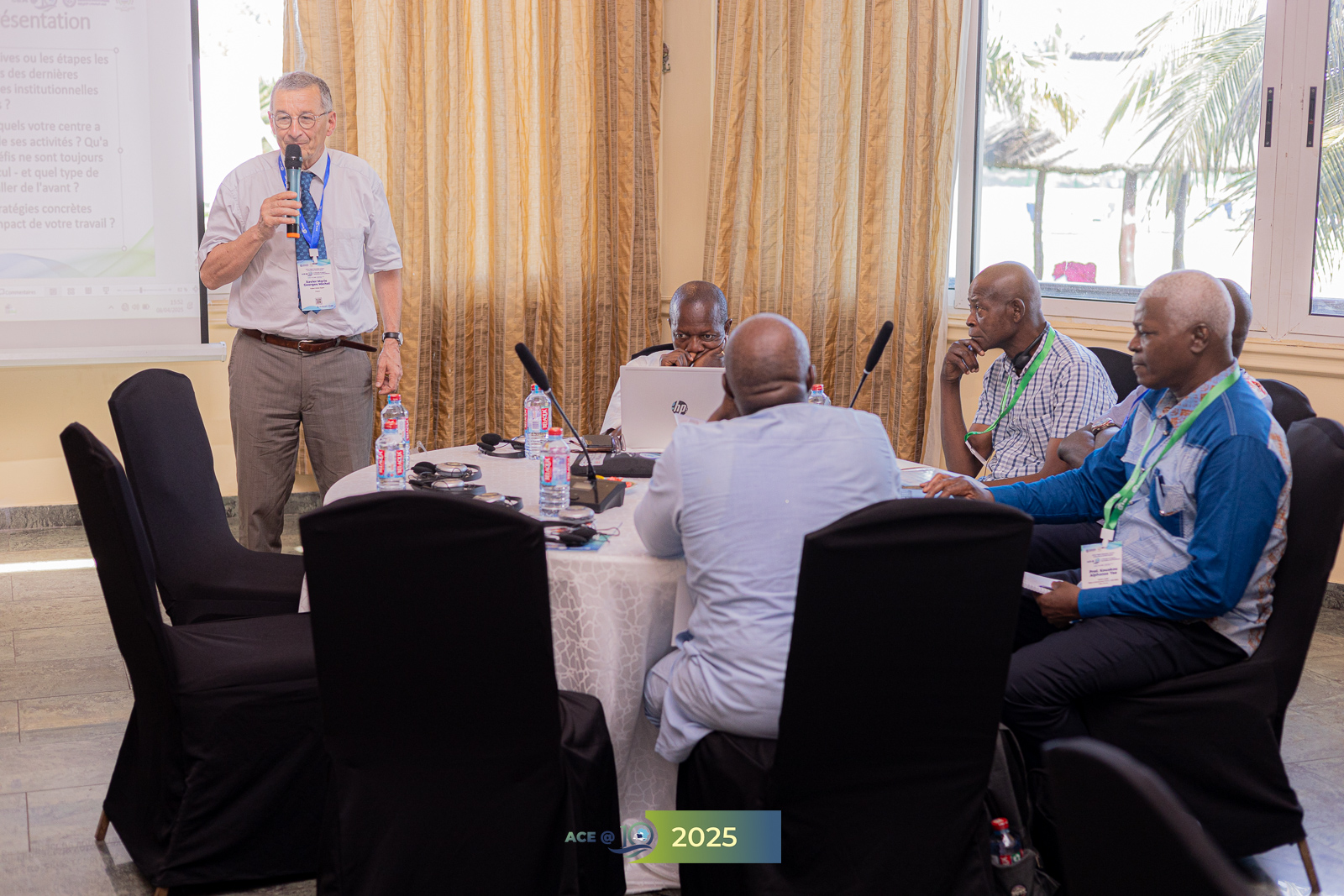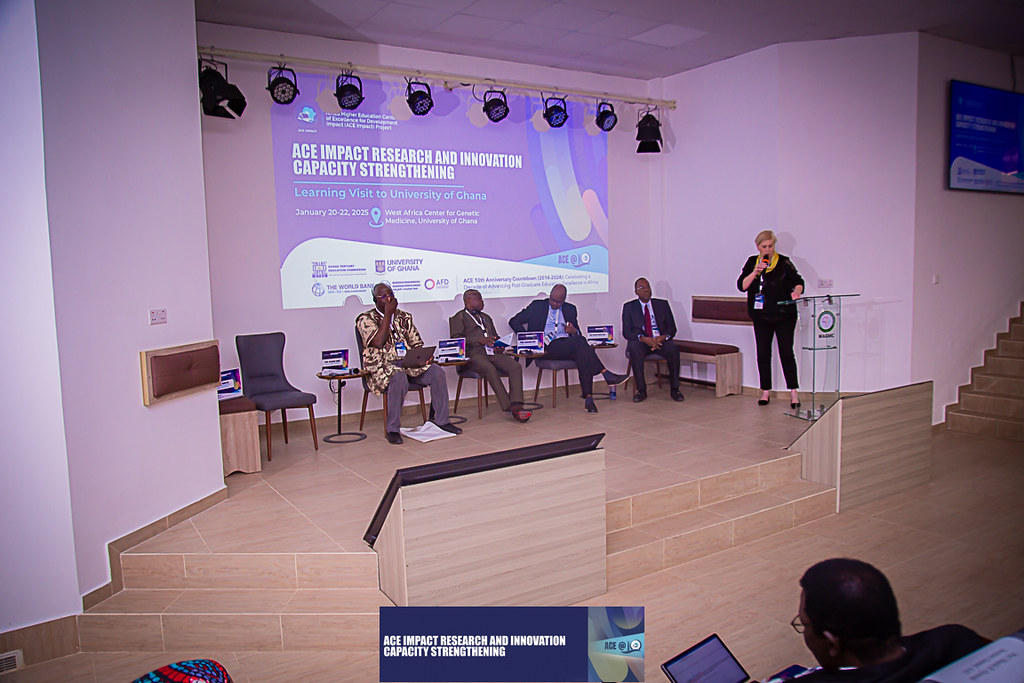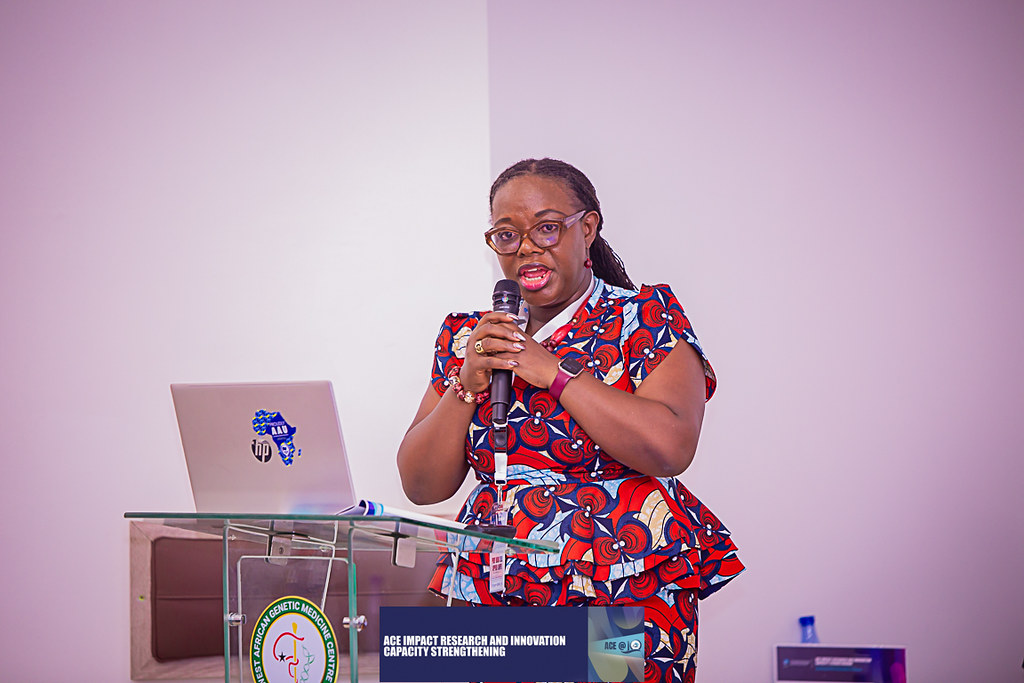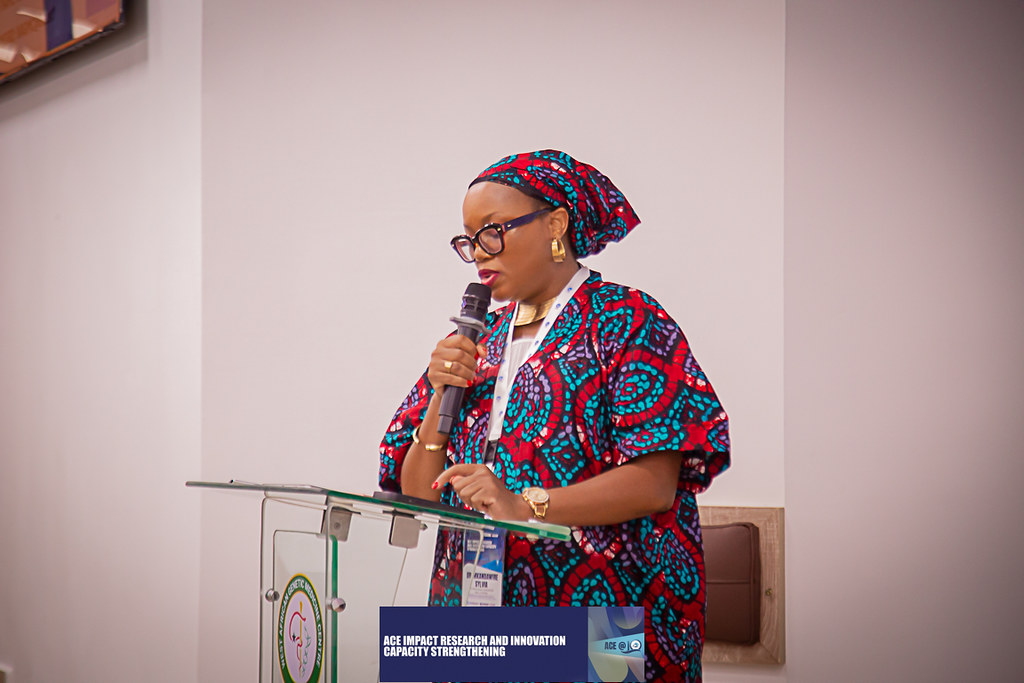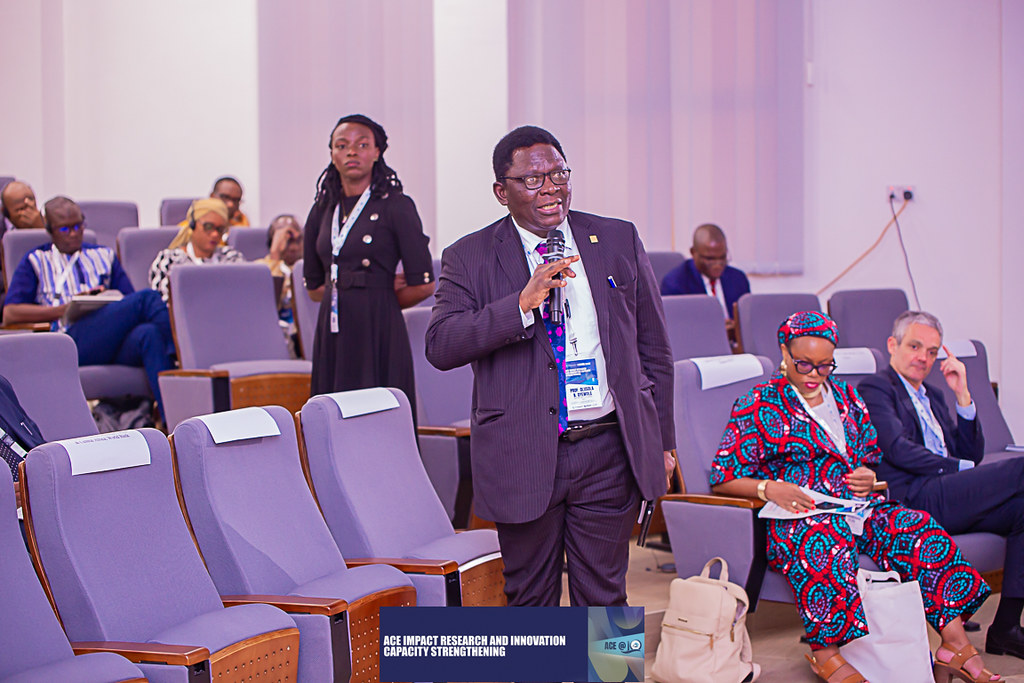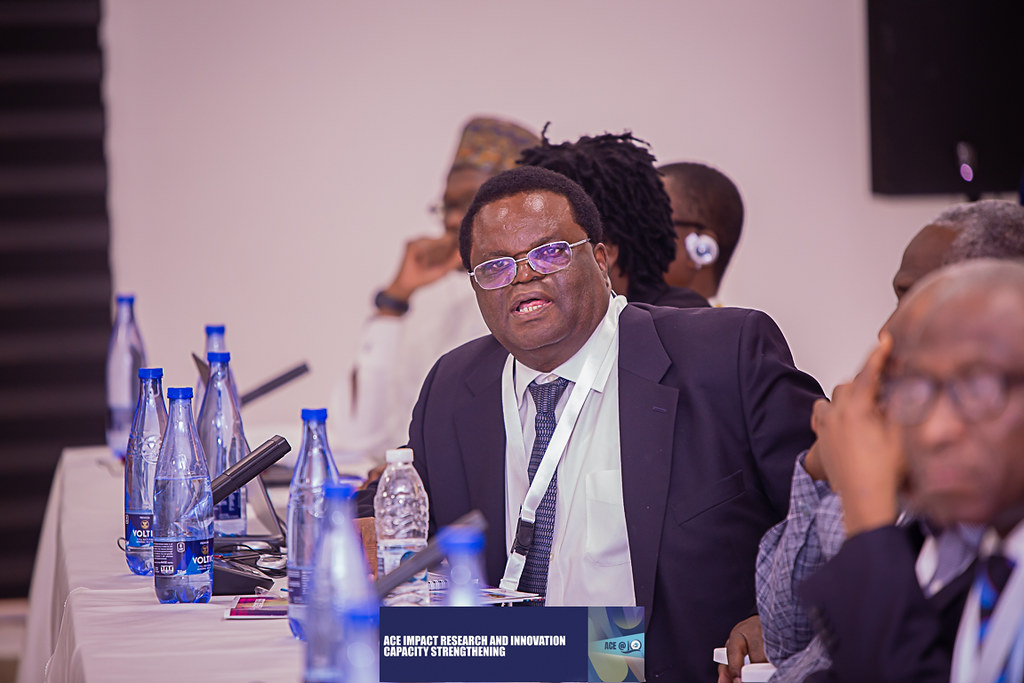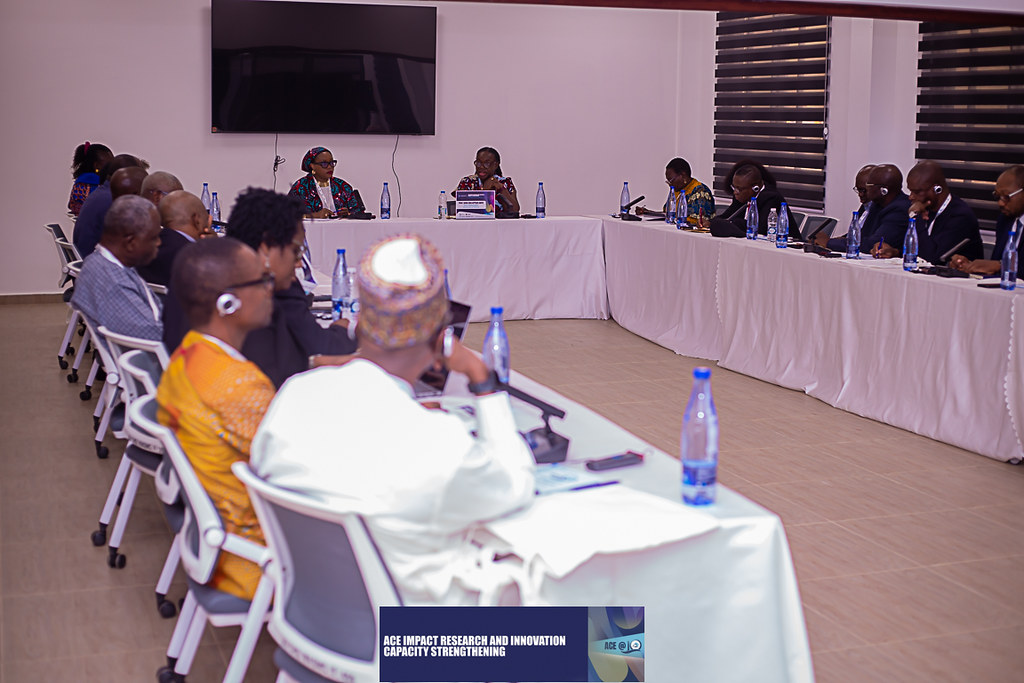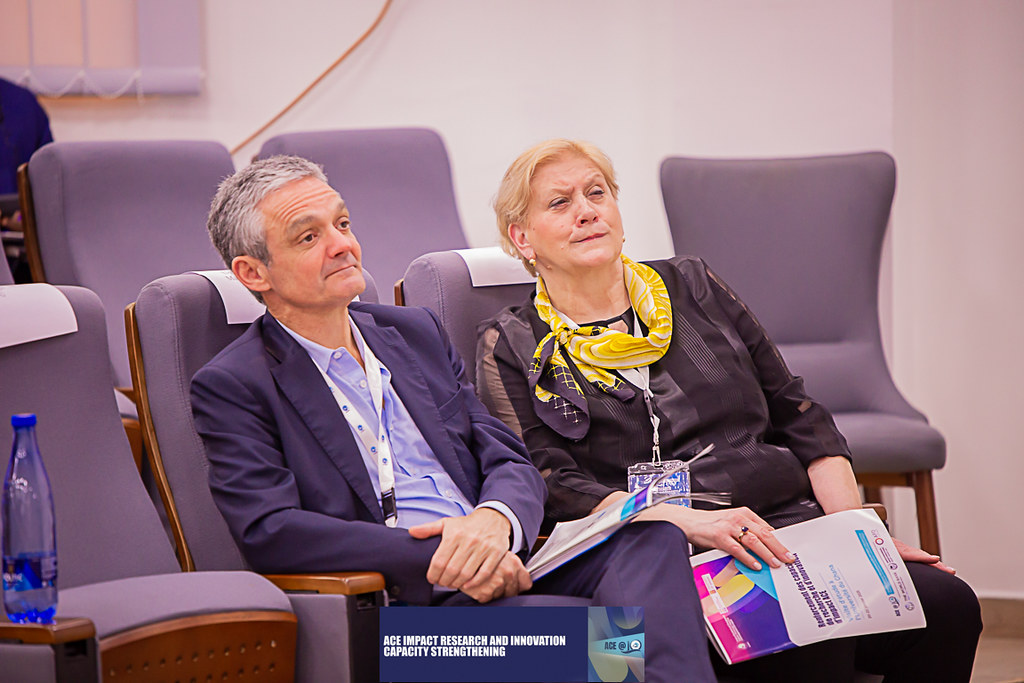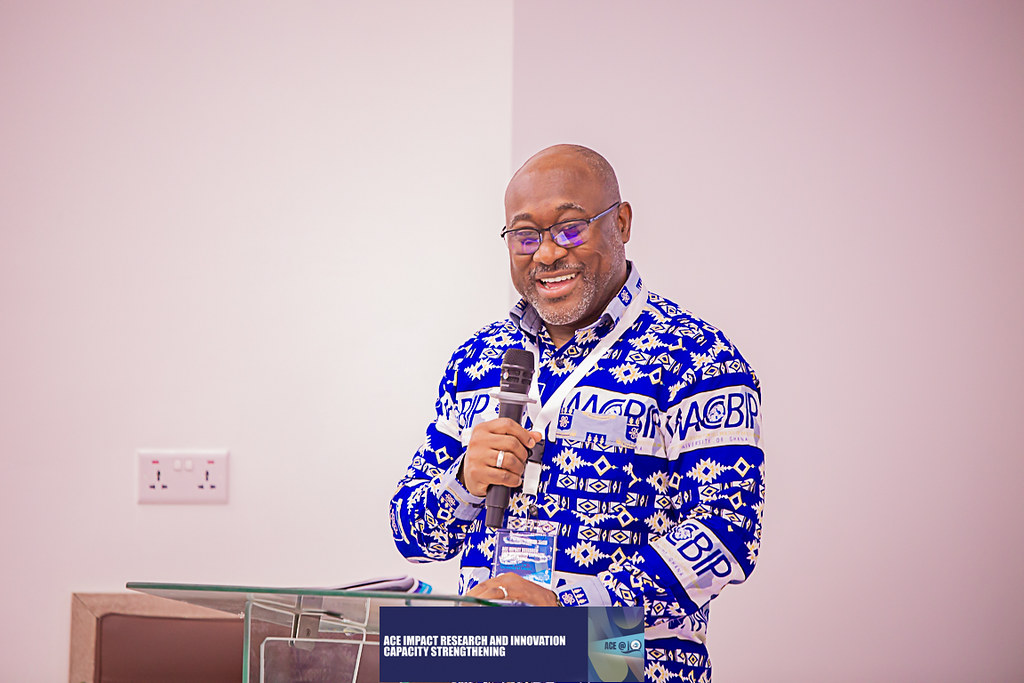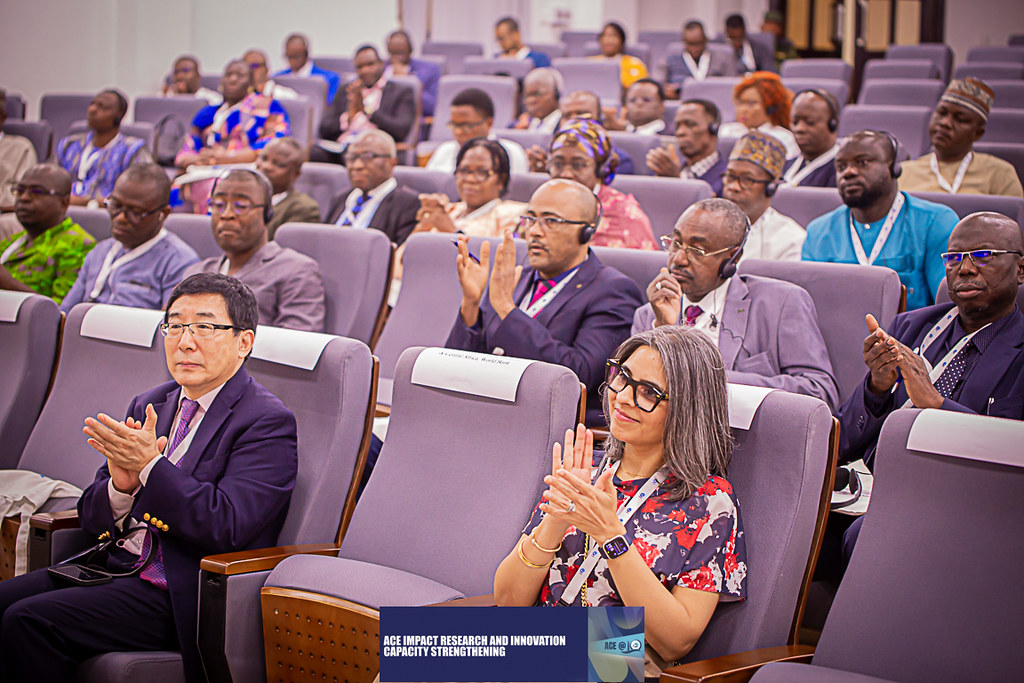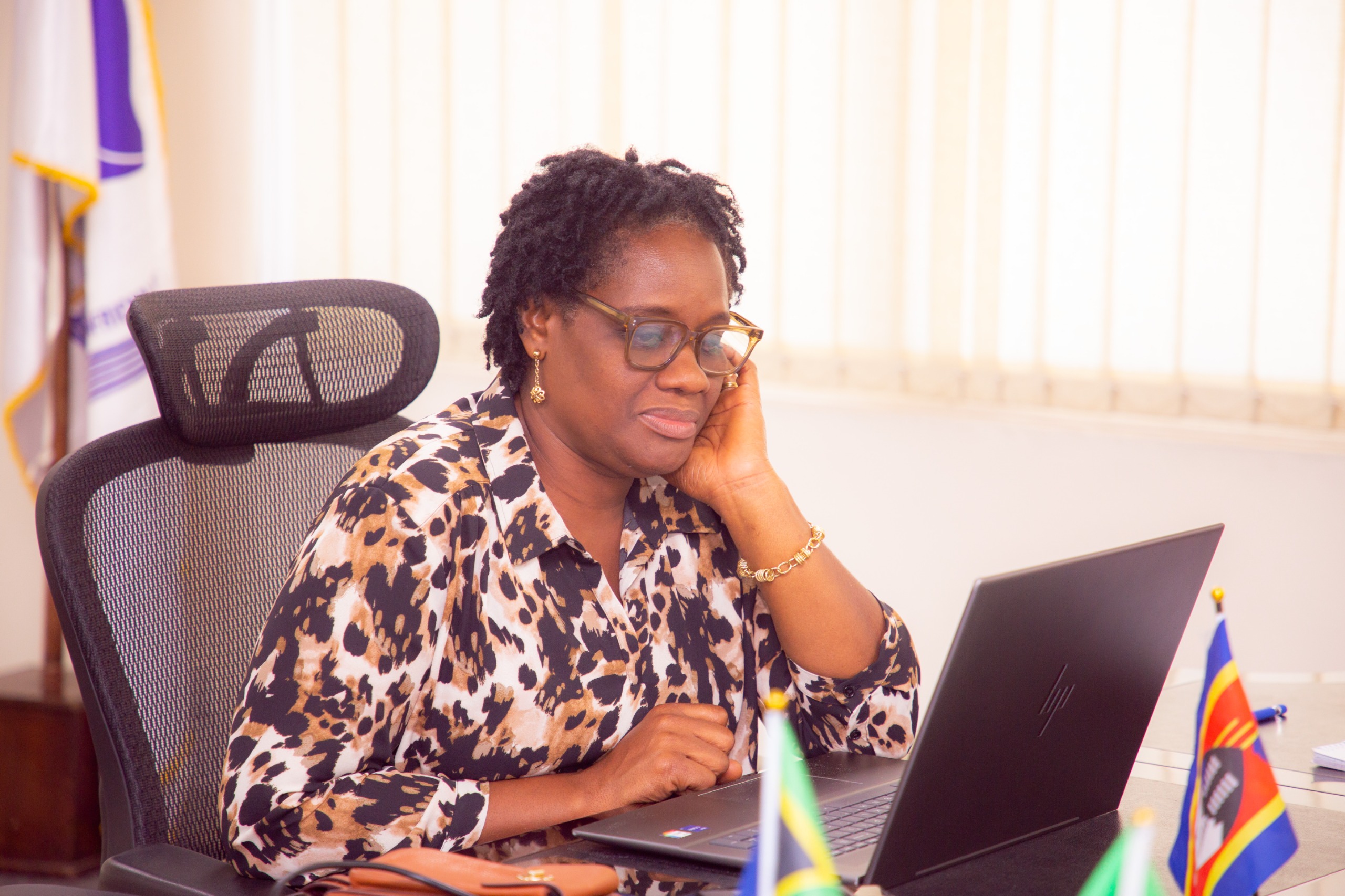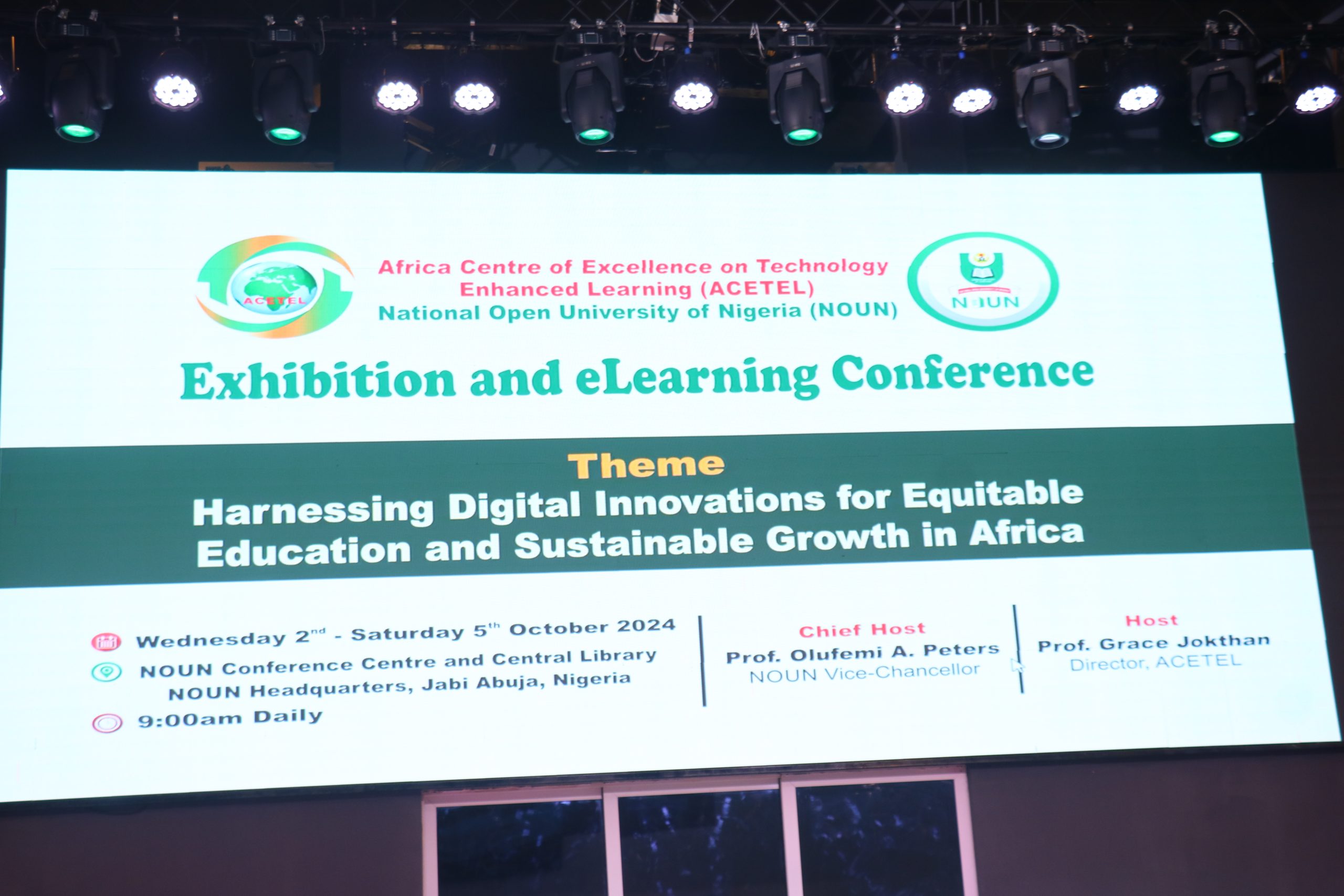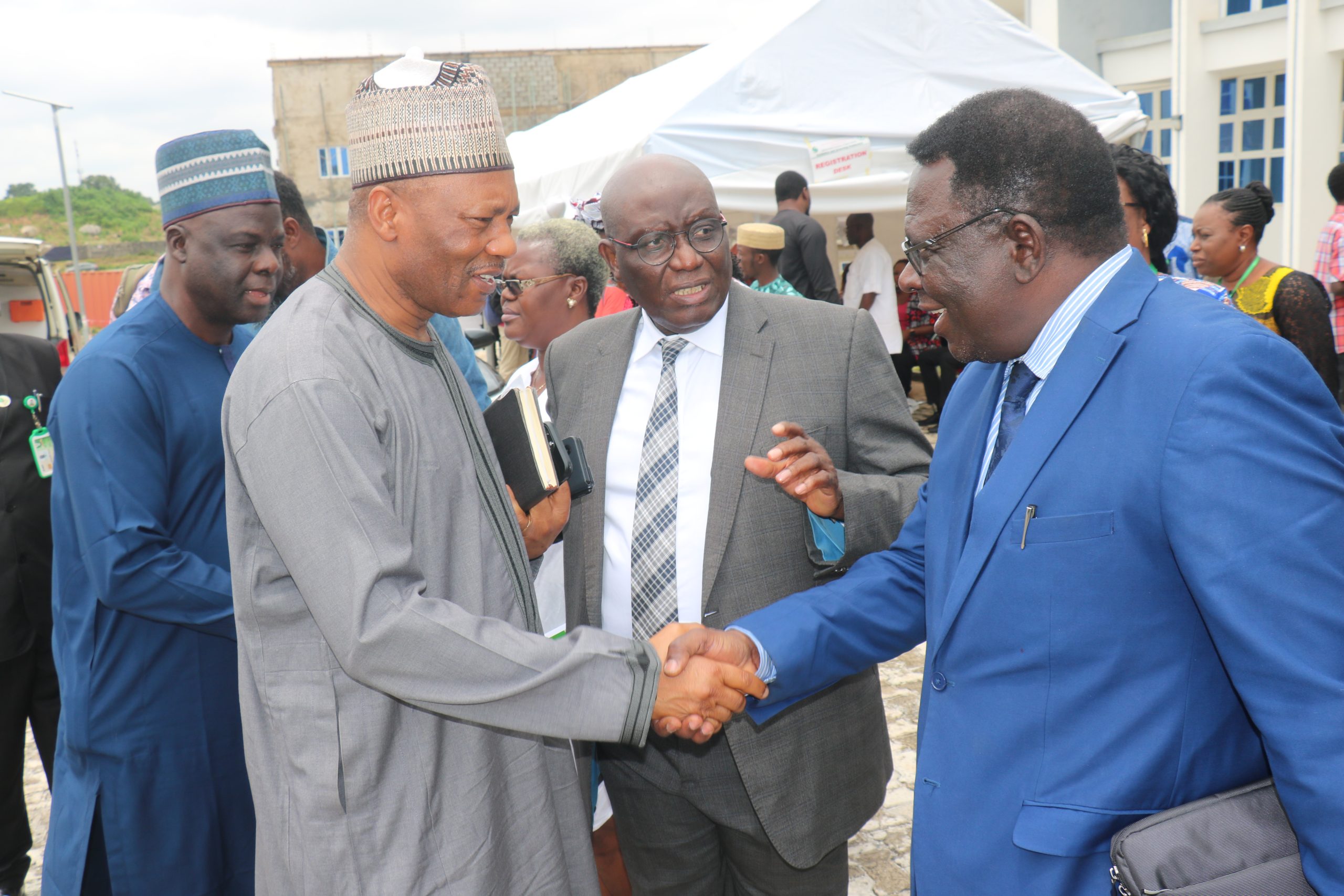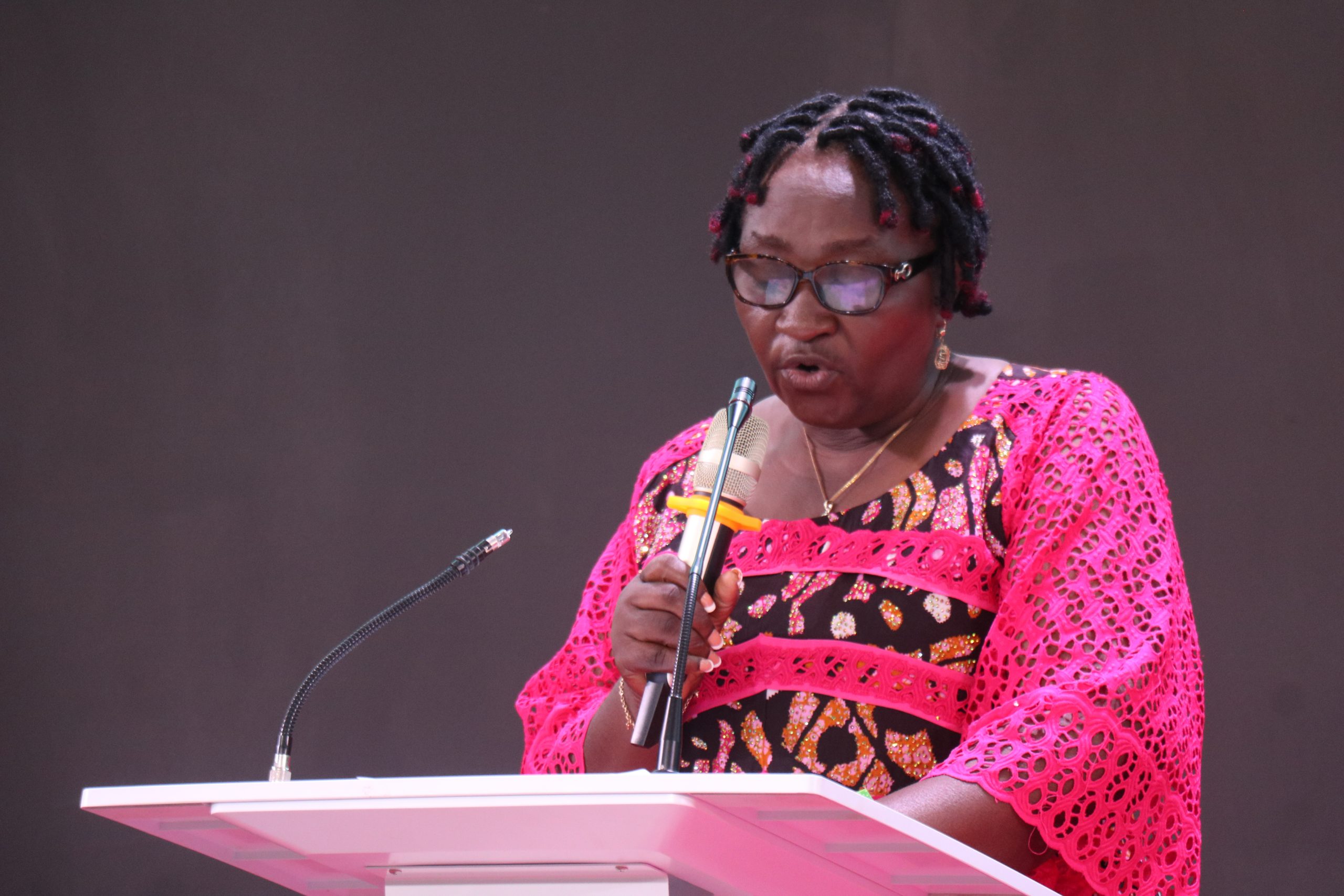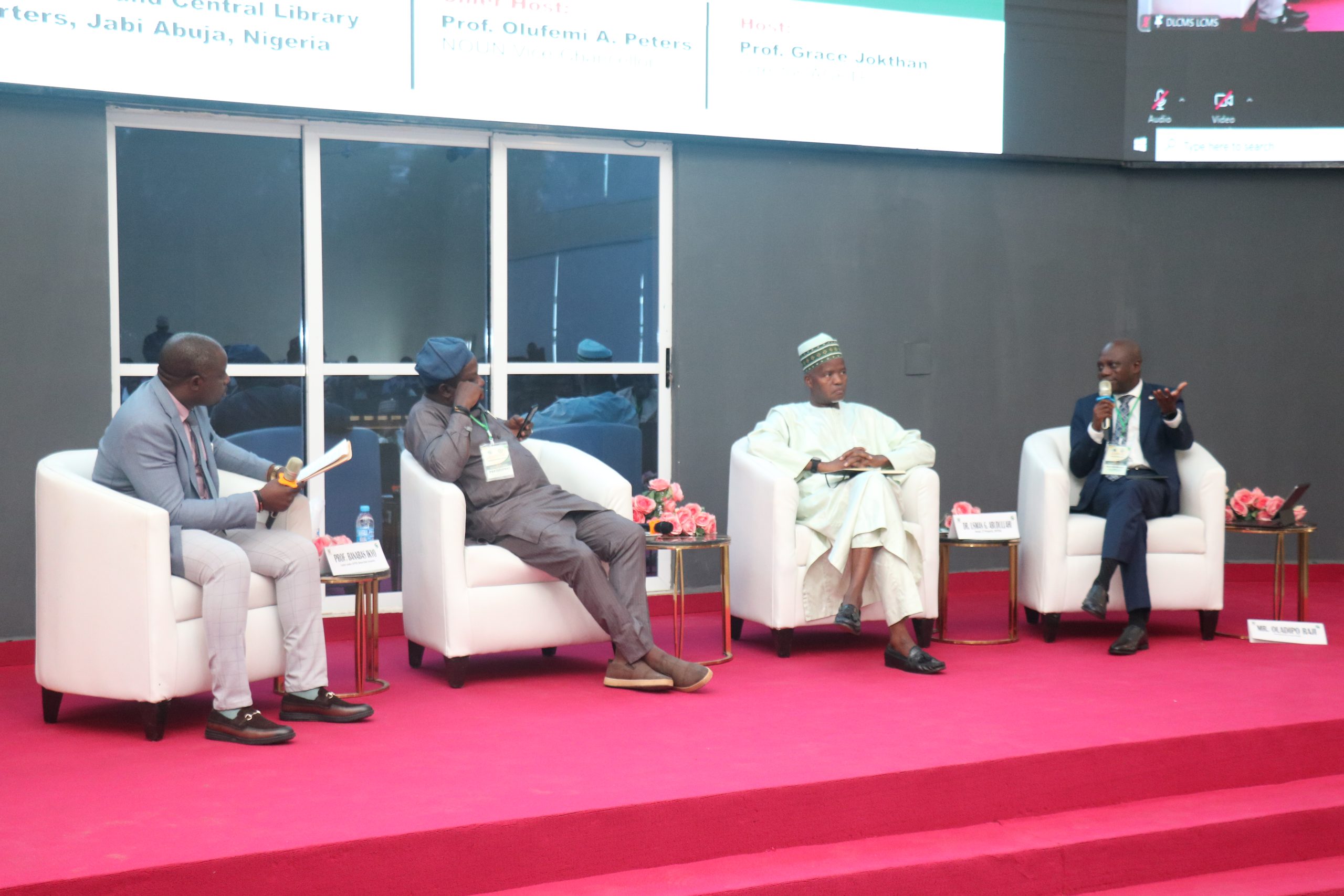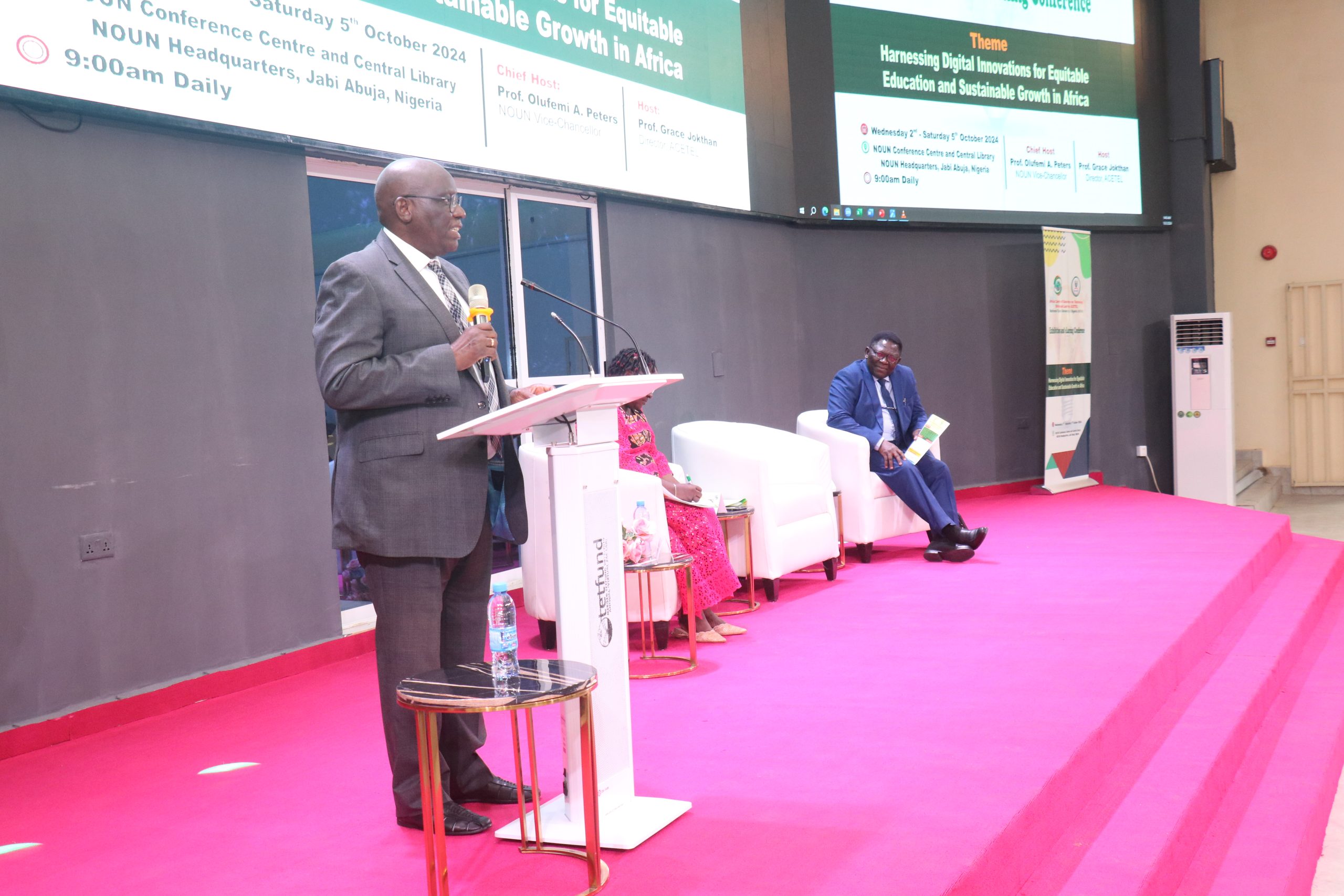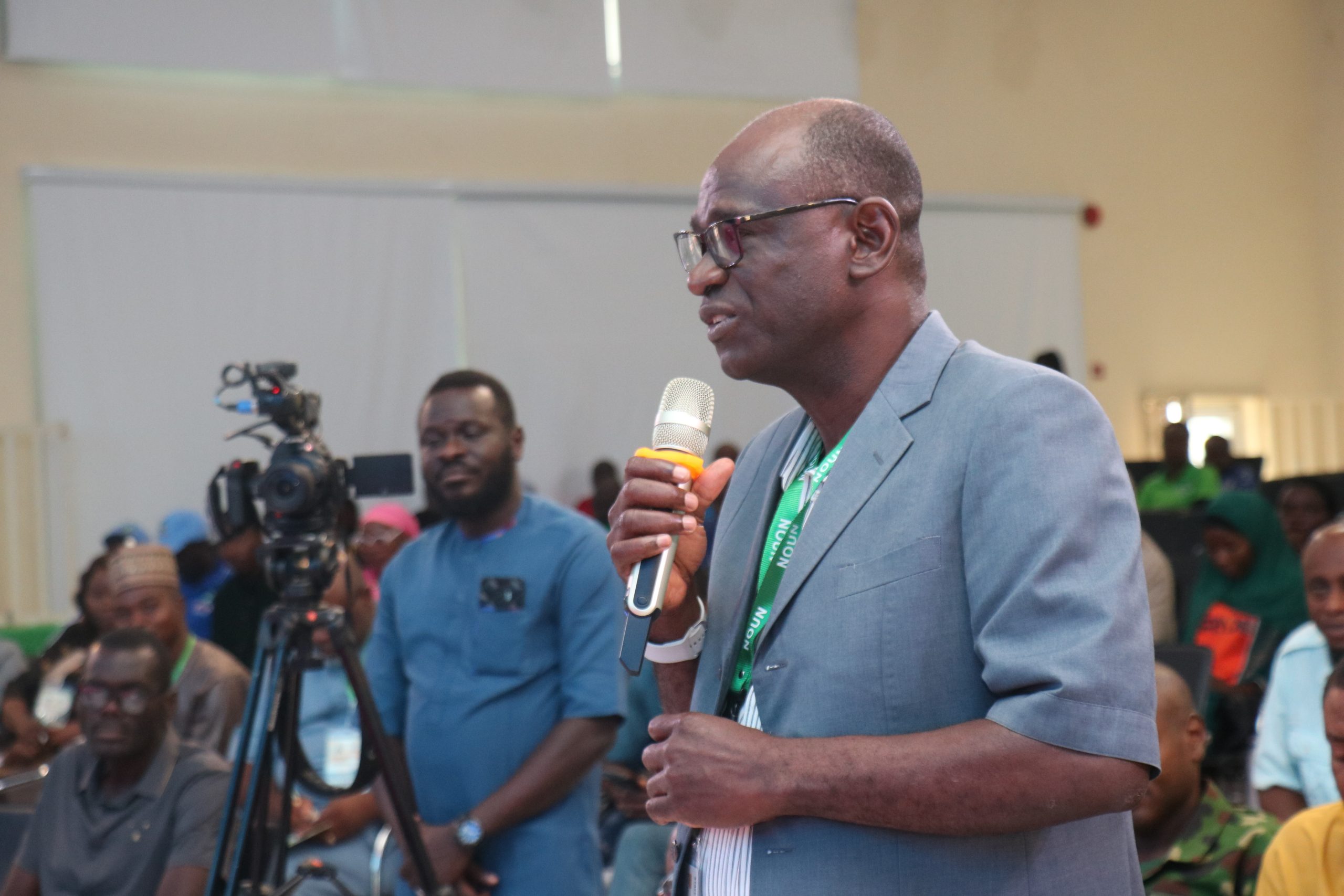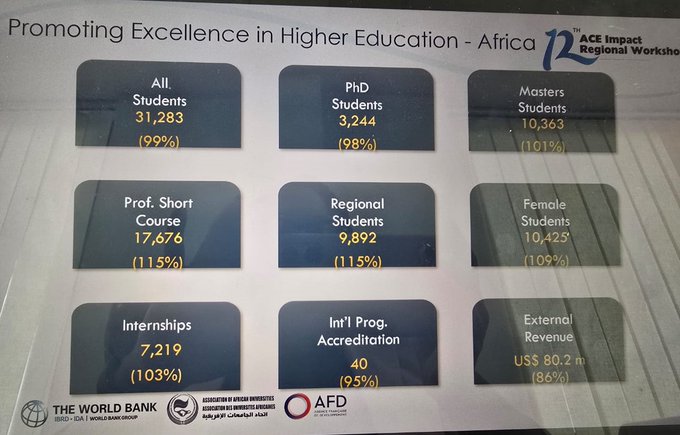Driving Excellence in Africa’s Higher Education: Key Achievements and Lessons from the ACE Impact Journey
The tenth anniversary of the Africa Higher Education Centres of Excellence (ACE) Program held in April 2025, offered a pivotal moment for reflection, learning, and strategic dialogue. The fifth plenary session focused on reflecting on the ACE journey thus far, bringing to light the immense strides made by the ACE initiative in transforming Africa’s higher education landscape over the past decade.
Dr. Halil Dundar, Education Global Manager at the World Bank opened the session by commending the program’s achievements and emphasized the importance of consolidating lessons learned as the initiative prepares for its next phase. He stressed that the future of Africa’s development hinges on strengthened centers of excellence that train the next generation of scientists, researchers, and professionals to tackle the continent’s most pressing challenges across sectors including health, agriculture, STEM, energy, mining, and more.
The session featured presentations by Dr. Sylvia Mkandawire, Senior Project Manager for the ACE Impact at the Association of African Universities (AAU), and Dr. Jude Ssebuwufu, ACE II Coordinator at the Inter-University Council for East Africa (IUCEA). They presented the key achievements, challenges, and lessons learned from the ACE journey, alongside recommendations for the future.
The ACE Model: A Pan-African Investment in Knowledge and Skills
Launched in 2014, the ACE Program is a regional higher education initiative supported by the World Bank in partnership with participating African governments. Building on its early successes, the program has attracted additional development partners—most notably the Agence Française de Développement (AFD), which co-funds the third phase launched in 2019.
Coordinated by the Association of African Universities (AAU) and the Inter-University Council for East Africa (IUCEA), the ACE model adopts a results-based financing approach, linking disbursements to measurable results in research, teaching, and institutional development. To date, over 80 Centres of Excellence in 20 African countries have been supported, with the goal of improving postgraduate education and research in priority sectors.
Key Achievements: Scaling Impact Across the Continent
As part of the ACE program’s objectives to expand higher education access and inclusion, over 90,000 students have been enrolled including 7,650 PhD and 30,200 Master’s students, 52,629 learners in professional short-term courses (PSTCs), and 26,291 regional students across borders. Notably, 29,696 of these students are women, reflecting a deliberate commitment to gender inclusion and equitable access in postgraduate education.
In terms of raising quality through accreditation and infrastructure, more than 620 academic programs have been accredited through national, regional, and international bodies. International accreditation partners include Agency for Quality Assurance through Accreditation of Study Programmes (AQAS, Germany) and Accreditation Agency for Study Programmes of Engineering, Information Science, Natural Sciences and Mathematics (ASIIN, Germany), ensuring global relevance and competitiveness. In addition, the ACE program has invested in modern learning environments, commissioning 51 new buildings with smart classrooms and digital learning tools, with nine (9) more facilities nearing completion.
To boost research, innovation, and industrial relevance, the centers have produced over 10,000 research publications, many in collaboration with regional and global partners. At least 400 formal research collaborations and 73 peer-reviewed articles have emerged from ACE-affiliated networks, in addition to 61 capacity-building workshops, 52 regional network scholarships, eight (8) start-ups launched through ACE support structures. Importantly, 20% of students have accessed internships or academic exchanges, built practical skills while promoting cross-border academic mobility.
Moreover, in bridging the employability gap, targeted skills training has led to notable improvements in graduate employability, particularly for students in applied and industry-linked programs. These interventions are helping bridge the critical skills gap in Africa’s key sectors, while also contributing to national and regional development agendas.
Lessons Learned
Key success areas for the ACE model include regional cooperation that has strengthened cross-country collaboration in higher education, influencing national policy and institutional reforms, results-based financing tying disbursements to measurable outputs, ultimately, encouraging performance-driven education management as well as policy reform impact.
Persistent Challenges
Key challenges noted include regional student mobility in line with language barriers, and strict immigration processes, program accreditation hurdles, and inconsistent national financing policies and models.
Recommendations
To combat these challenges, there is the need to promote regional student mobility, enhance language accessibility by establishing language support centers, streamline accreditation processes, and advocate for common or similar financing policies through regional economic blocs.
Sustaining the Vision for Africa’s Knowledge Future
In conclusion, the ACE program has made a compelling case for regional collaboration, policy reform, and investment in higher education as a cornerstone of Africa’s development agenda. It has proven that African universities can deliver high-quality training, produce impactful research, and shape policies that respond to the continent’s evolving needs.
